The last time I worked my way through Julia Cameron’s The Artist’s Way, I had three young children (the twins were only 7 or 8; Emma was a toddler), and I was only recently tenured at Everett Community College. I frequently taught an extra class at the college, and I was able to work in our Writing Center for a scant one quarter per year; I was a College in the High School Mentor; I was a Campfire Girls co-leader. (I get a little weary just thinking about everything I was trying to do.)
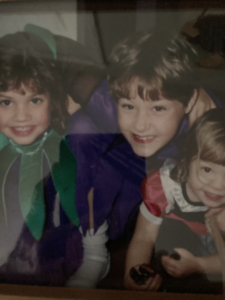
Took a picture of a picture to get this — I really was BUSY in those days.
Admittedly, it was summer and I wasn’t teaching. Despite being plenty busy with my kids, I woke early, every day, and I wrote my morning pages faithfully. The rest of each day was a bit of a blur, and if I did the exercises, they were incorporated into my morning pages. The artist dates? With those I really, really, really went into serious avoidance mode.
Julia Cameron couldn’t possibly understand how busy
I was. What nerve to insist on a solo, soul-nurturing venture once each week!
When I first proposed doing The Artist’s Way this winter I decided that it was important for me to take the artist dates seriously. Very seriously.
My inner-critic is having a free-for-all with this. After all, as my husband is fond of pointing out, I take plenty of time for myself — not just putting my writing at the top of my to-do list every day, but also sneaking off to drink lattes and read novels. I’ve never been good at ducking out on my friends, especially the ones who like lattes…or wine…and novels. But Julia Cameron doesn’t count one’s work as a date; she doesn’t count a latte and 50 pages of a novel or even a heart-to-heart talk with a girlfriend as an artist date. This is what she says:
An artist date is a block of time, perhaps two hours weekly, especially set aside and committed to nurturing your creative consciousness, your inner artist. In its most primary form, the artist date is an excursion, a play date that you preplan and defend against all interlopers. You do not take anyone on this artist date but you and your inner artist, a.k.a. your creative child. That means no lovers, friends, spouses, children — no taggers-on of any stripe…. (18)
She compares the artist date to the date-night a married-with-children couple might commit to. She also stipulates that the artist date should not be something you are already comfortable with. In her video on the topic, she insists that the artist date should take you out of your comfort level. (By the way, I think that if you take a watercolor class for your date, you’re allowed other students, you’re allowed an instructor. That’s how I allowed for the people who facilitated my date this week at The Art Spot. But this rule is also why, when my daughters wanted to join me, I said “No, sorry, can’t. It’ s an artist’s date.”)
Back in December, when we first put our Artist’s Way group together, I brainstormed a list of possible 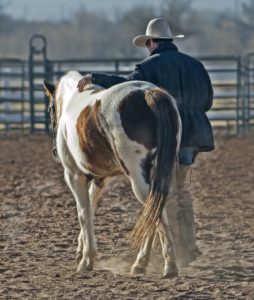 artist dates; I asked the other members of the group for feedback; I asked for suggestions here at the blog. And I promised that one of my Artist Dates would involve riding a horse. Yesterday, thanks to poet Jennifer Bullis, and despite all kinds of attempts (on my part) to wriggle out of it, I rode a horse.
artist dates; I asked the other members of the group for feedback; I asked for suggestions here at the blog. And I promised that one of my Artist Dates would involve riding a horse. Yesterday, thanks to poet Jennifer Bullis, and despite all kinds of attempts (on my part) to wriggle out of it, I rode a horse.
It wasn’t like riding the proverbial bicycle, a skill which it’s said one never forgets. When my posture and the simple ability to stay seated on Brownie’s lovely back during a trot seemed, to me, questionable, Barb and Jennifer encouraged me. One of them said:
You have to keep riding every day to get the hang of it, and every horse is different. Try to ride the same horse every day, at least at first.
It was advice that sounded uncannily like what I tell my friends who come to me for encouragement about writing. Just keep writing. Write a little every day. Choose one project and keep at it, just see what will happen.
And much thanks to my friend, Jennifer Bullis, for making this happen.
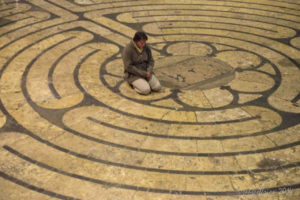

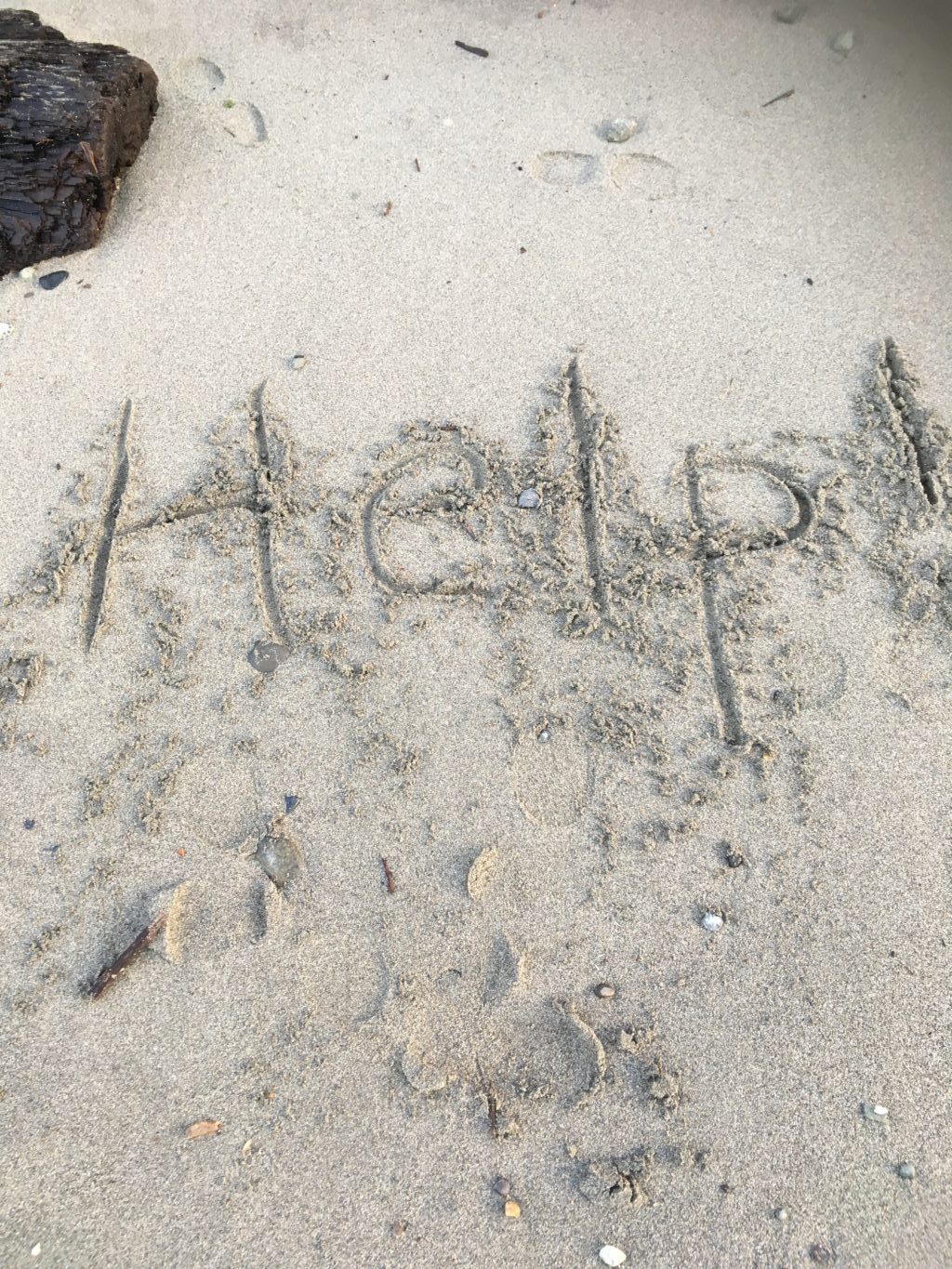


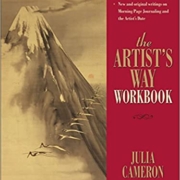

 artist dates; I asked the other members of the group for feedback; I asked for suggestions here at the blog. And I promised that one of my Artist Dates would involve riding a horse. Yesterday, thanks to
artist dates; I asked the other members of the group for feedback; I asked for suggestions here at the blog. And I promised that one of my Artist Dates would involve riding a horse. Yesterday, thanks to 
